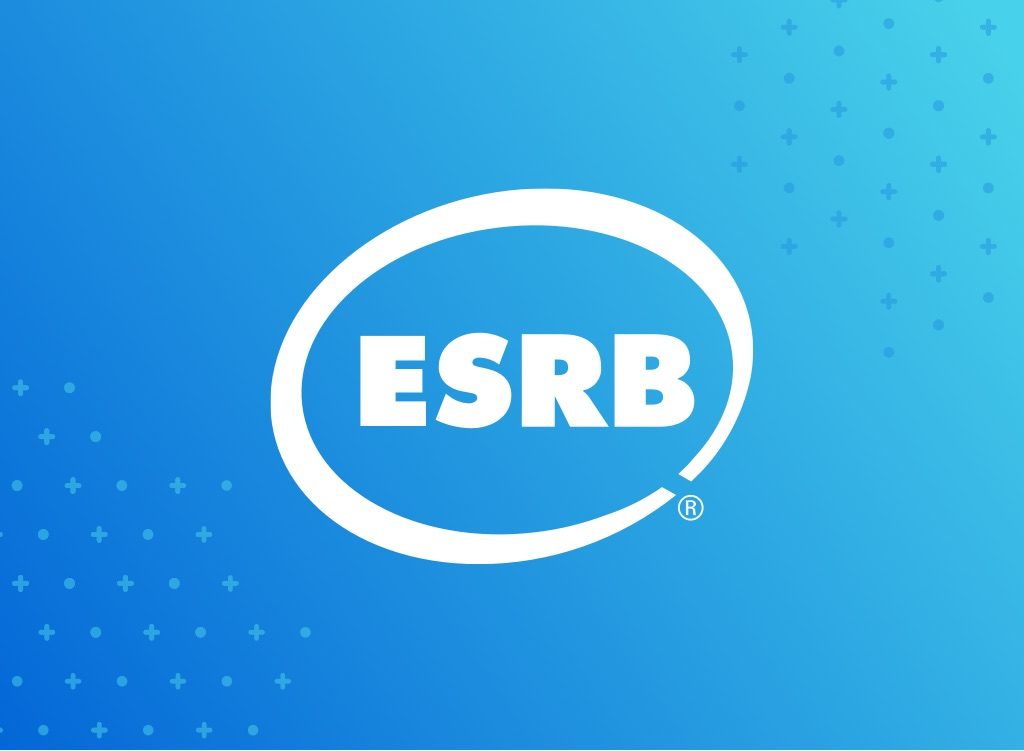Insofar as the details of the situation regarding the fates of Zack & Aerith is concerned, I think it's likely worth chiming in about a bit of context that's probably worth considering when it comes to the storytelling style of these two different versions of events and what they're influenced by. (This is a piece of the bigger thing I'm still working on in the background when I can, so hopefully this little condensation of some details doesn't give away too much).
One of the big things about
FFVII is how its core themes are centered specifically around the storytelling of what it's like to experience the loss of a loved one, with the Lifestream and those core underlying themes coming from
Hironobu Sakaguchi reflecting on the death of his mother in a house fire during the development of FF3 in 1988 and how he processed that type of grief and trauma by trying to look at life from an objectively logical & mathematical perspective. As such, it's worth looking at how things like those are presented as a facet of fictional storytelling with other influences that predated FFVII.
One of the more obscure ones is the manga
Pygmalio which ran from 1978-1990 and was a significant influence on
BERSERK (
main character Kurt wielding a gigantic sword, the name of King Griffith, and a host of other things). What's most notable about this manga is that while approaching the conclusion of the story, his wife suddenly and unexpectedly passed away (
detailed on the manga Intermission in Chapter 161 on Page 394-396), leaving him in a total state of shock until he was finally able to continue for some time, leading up to the finale of the arc,
"Mother of Light, Mother of Darkness" as the key conflict is about the nature of Pygmalio's mother. (Yes there is a LOT more about how this story intersects with a vast number of other elements in
FFVII with the mother relationship, but not gonna dive into all of that here as that also crosses over to several other manga and influences that shape that).
When working on the renewal version, he included an epilogue called "Another Pygmalio" (
Chapter 164 Page 491-end) which is an alternative version of events where everyone gets to live happily which was included as a "gift" to both himself and to the readers of the original story who were left wishing to see a glimpse of a world where so many of the terrible things didn't come to pass and where he explains the overview of many of the concepts at the end of the manga that have a clear parallel to the themes of life that Sakaguchi emphasized as a core part of the ORIGINAL
Final Fantasy VII – long, LONG before the concept of the Remake Project was ever conceived.
Following this, there have been lots of explorations of the concept of having the power to reshape the world into a different state, with
Princess Mononoke,
Evangelion, and
Final Fantasy VII being all at the center of those ideas back in 1997 from the perspective of where Japan was at the time. In September 2007,
Rebuild of Evangelion was the first to take a sequel+reboot approach and do essentially the same thing while building into a large departure from the original into a flow of an alternative series of events that leads to a happy ending for the characters that's not just something for the audience but also for the author as well.
BERSERK has explored this in the Fantasia Arc starting in 2009 which literally rewrote the entire world setting into that of another reality that set a vastly different conflict in motion, and which
Remake has specifically paralleled in its visual iconography for the moment of Zack's survival at the end of the first game.
In all these cases, they don't retcon the original narrative as that continues to exist on its own terms and specifically as a moment in time that captures the experiences and feelings that existed at that time for them. In the case of the
FFVII Remake Project they've stated that they're going to follow the original narrative while also including some unexpected surprises.
What's most important to look at is that this is STILL a narrative that's focused around how we process the ideas of loss, but that now this also includes what that's like to endure given the passage of time.
It's a story that's made both for newcomers to the series, but also for returning fans of the original, which is why during my research I've found myself most frequently returning to the epilogue of
Pygmalio when considering what the "Terrier" events really are. They're exactly what, as fans, we've always wanted to see in some way. There's an undeniable yearning for a point where Zack doesn't get killed and is able to make it to Midgar, and which is able to present a totally different series of events in another reality to this one. Even if it isn't what's coming to pass in the main story, the ability to experience that reality as an audience carries a meaning just in the way that having "Another Pygmalio" did (and does if you're new to that story as I expect most anyone reading this post would be).
Even moreso to that point, the latest holiday event for Halloween in
Ever Crisis featured the Portal materia again where you can't recall anything about what you experienced on the other side and when you come through it's totally gone from your mind, however despite not recalling anything there's a quote from Matt which carries some weight to this perspective,
"Even if you don't remember, it's etched in your heart and your body." While that conversation then continues in an exploration of whether or not free will exists (which is interesting but more a subject for the EC thread), the most poignant detail is that it establishes that there is another reality and even if the characters in
Remake were able to reach that, they wouldn't remember anything about it – but that doesn't mean it wouldn't have meaning to do it or to try regardless.
This echoes the same sentiment that Aerith openly expressed during the Sector 07 plate collapse in
Remake which is that even if it is impossible to change anything, the most important thing is that you try to and make sure that no matter how it DOES happen, that you're able to move forward without any regrets about your choices and doing everything you can even if it's impossible to reverse things.
This is something that just grows as the presence of a loss lingers over time. As much as that pain exists there's always a part of you that can't help but imagine what things might be like now if those things had never come to pass – and that is inherently such a deeply impactful and existential experience that that one change can't help but alter absolutely everything else around it. Portraying how that yearning inherently contradicts the ability to simultaneously have the other things you want to keep that only came about as a result of things that followed the loss is DEEPLY important as an exploration of what the core concepts of life & loss are – which is the central structural framework of
Final Fantasy VII.
At any rate, hopefully this little ramble is helpful in providing a bit of a different perspective on things by stepping out to a slightly different layer of the storytelling than often gets focused on (and speaking from the experience working alongside designers, is one that they spend a LOT of time considering before even beginning to approach the in-context elements).
“Hopes for Rebirth” (story or gameplay) threads going to be pinned?
As those threads for "the remake" were intended to encompass the FFVII Remake Project as a whole, I just amended the names of those two threads to be "Remake & Rebirth" so feel free to use those ones accordingly as they're already pinned.
X 







